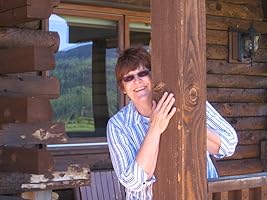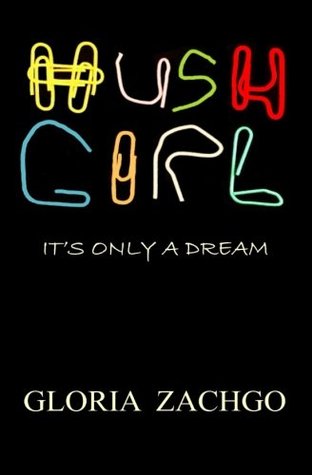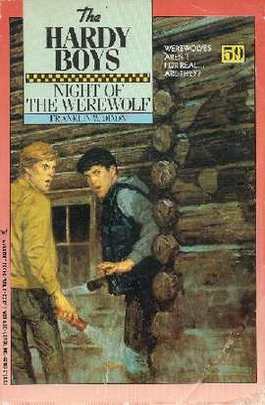
Are your days, weeks and months flying by as fast as mine? It seems we were celebrating New Year's Day only a whiff of days ago. Now, half the year has galloped past me. As I sipped my morning coffee, I thought about what I've accomplished in my writing life during this half year.
I looked at my 2017 Submissions record and compared it to 2016. I had submitted almost twice the number during the first six months of last year as I have this year. Shame on me! That's the thought that ran through my mind. I need to ponder a bit to figure out the why part here.
Then, I considered how many new pieces of writing I have accomplished this half of 2017. There have been some but not as many as I'd like. Several ideas for personal essays are tumbling in my mind on a daily basis but I haven't written that all-important first draft yet.
More coffee, more thinking! Time to consider the positive side of what the past six months have brought. What good things have I done? There were enough to make a list:
- I've written posts for my blog five days a week
- I've reviewed several books for other writers
- I've attended a writing conference
- I received an acceptance from an anthology
- I've fulfilled my commitment to my online critique group with subs and crits
- I've written a few new pieces
- I've revised and polished some old writing
- I've counseled another writer
I know what I need to work on from July through December to accomplish some of those goals I set for myself in early January. I also know that I had lots of positives this year and hope to continue.
How about you? Have a cup of coffee, or whatever is your favorite beverage, and consider what you have accomplished regarding writing this first six months of 2017. What could you have done better? Not one of us is perfect so we're all going to have two sides to this question. If the negative side is longer than the positive, don't beat yourself up over it. A little self-chastising never hurts, but don't go overboard. Give some thought to why you did or didn't get certaine things done.
The best part of an assessment like this is that you have six more beautiful months of 2017 to rectify the wrongs and add to the rights. Say good-bye to June and hello to a brand new month and write on.






























